Resetting the NZ Public Service: Reducing Waste in Cultural Competency Spending
Resetting the NZ Public Service: Reducing Waste in Cultural Competency Spending
New Zealand’s public sector has invested significantly in cultural competency programmes to improve engagement with Māori and Pacific communities. In a recent series of Official Information Act requests from The Culture and Design Lab to 19 Government departments, we found that over the past 5 years, at least $9.5 million was spent on cultural competency by 14 of these departments.
While well-intentioned, these initiatives are often fragmented, duplicative, and lack clear, measurable outcomes. Public Services Commissioner Sir Brian Roche has raised concerns about inefficiencies across government entities, advocating for a more streamlined and results-driven public service. Where are the areas of waste and duplication, and what are the potential solutions to ensure cultural competency spending delivers tangible benefits?
The Scale of the Problem
Public service agencies have individually developed cultural competency programmes, ranging from Te Reo Māori courses to digital training tools, without coordination, leading to significant inefficiencies. Many of these programmes operate in silos, duplicating efforts and driving up costs without a clear return on investment. Sir Brian Roche’s recent address at the 2025 NZ Economic Forum called for better performance tracking and a move away from bureaucratic complexity towards a more streamlined, outcome-focused approach. In the context of Māori and Pacific cultural competency spending, his concerns highlight a fundamental issue: cultural competency programmes are not being held accountable to measurable success indicators.
Key Areas of Duplication and Waste
Multiple agencies are running similar programmes, with entities such as the Ministry of Health, the Ministry of Business, Innovation, and Employment (MBIE), and the Ministry of Education each funding separate cultural competency programmes despite significant overlap in objectives. Government departments often contract external consultants to run near-identical training sessions, resulting in redundant costs. Many programmes lack standardised evaluation metrics, relying on qualitative feedback rather than robust performance measurements.
Without a universal framework for assessing whether cultural competency training leads to improved service delivery or policy outcomes, it is difficult to justify ongoing investment.
Inefficient digital tools further compound the problem. The development of apps and e-learning modules, such as the Ministry of Defence’s Tīaho Mai and MPI’s Te Kākano Puāwai, has been costly, yet there is limited data on adoption rates or effectiveness. Some tools remain underutilised, with staff either unaware of them or preferring traditional training methods. Additionally, there is a heavy reliance on external consultants, with many government entities outsourcing cultural training to private firms rather than building internal capability. This results in ongoing costs with little knowledge transfer to public servants who could sustain the initiatives in-house.
Solutions: A Smarter Approach to Cultural Competency Investment
A more strategic approach to centralising training efforts across agencies is needed to reduce duplication and improve efficiency. By developing high-quality, scalable programmes tailored to different departments, agencies can eliminate redundant initiatives and ensure consistency in cultural competency delivery.
Evidence-based assessment tools should be implemented to track cultural competency progress and measure tangible improvements in service delivery. Their approach incorporates key performance indicators (KPIs) that measure not only staff engagement but also tangible service improvements and strengthened relationships with Māori and Pacific communities. Post-training assessments should also be required to track behavioural changes in staff.
A smarter use of technology should also be encouraged, including evaluations of existing digital tools to integrate the most effective platforms into public service training programmes, including AI driven platforms. These digital solutions should be designed to be user-friendly and accessible, improving staff uptake and long-term learning outcomes. Cultural competency apps must integrate with public service-learning management systems to improve accessibility and uptake.
To ensure sustainability and long-term cost-effectiveness, agencies should focus on building internal capability by training public servants to become cultural competency leaders within their own organisations. This ensures sustainability and long-term cost-effectiveness while fostering a deeper institutional understanding of Māori and Pacific engagement strategies. Secondments and knowledge-sharing between agencies can deepen expertise and create sustainable training structures.
Unconstrained Thinking for Constrained Times
Sir Brian Roche’s call for public service reform emphasises the need to reduce inefficiency and improve service delivery. Aligning cultural competency initiatives with this vision means breaking down bureaucratic silos by consolidating training efforts across agencies, measuring what matters to ensure funding decisions are based on effectiveness rather than tradition, and enhancing public trust by demonstrating tangible improvements in how government services engage with Māori and Pacific communities.
Cultural competency is essential, but its implementation in the public service must be strategic, efficient, and results-driven. By reducing duplication, setting clear performance metrics, and investing in sustainable in-house capabilities, New Zealand can ensure that public sector spending on cultural competency delivers meaningful and measurable benefits. The time for reform is now. If the public service is to uphold its commitment to better outcomes for all New Zealanders, cultural competency training must evolve from a compliance exercise into a genuine driver of positive change.
The Culture and Design Lab empowers workplace leaders to create social cohesion at work. We use indigenous knowledge, design, and strategy to foster inclusion and belonging in the workplace.
